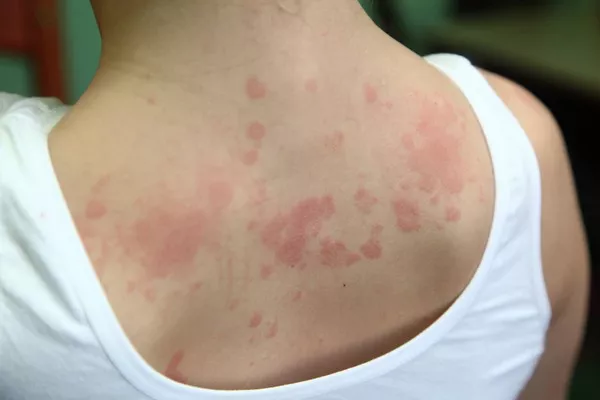Tattoos are increasingly popular as a means of self-expression, yet for individuals with skin conditions like psoriasis, concerns about potential risks such as infection are paramount. Dr. Shireen Furtado, Senior Consultant in Medical and Cosmetic Dermatology at Aster CMI Hospital, Bengaluru, provides insights into whether individuals with psoriasis should consider getting tattoos.
Psoriasis, an autoimmune condition, manifests as painful, itchy, and scaly patches on the skin surface, disrupting the normal skin cell cycle. Unlike healthy skin where cell turnover occurs over weeks, psoriasis accelerates this process to a matter of days, causing a buildup of immature cells and resulting in symptoms like itching, burning, and inflamed patches.
Regarding the safety of tattoos for individuals with psoriasis, Dr. Furtado cautions against it due to a phenomenon known as Koebnerization. This phenomenon can trigger the development of new psoriatic patches around the tattooed area or exacerbate existing psoriasis due to skin trauma. Research indicates that approximately 25% of individuals with psoriasis may experience a flare-up post-tattooing, according to a review in the Canadian Medical Association Journal.
Dr. Furtado advises consulting with a dermatologist before proceeding with a tattoo, especially for those with psoriasis, taking into account the severity of the condition and any medications being taken. It is crucial to select a licensed tattoo artist and undergo a patch test to assess potential allergies and suitability for your skin.
In conclusion, while tattoos serve as a significant form of personal expression, individuals with psoriasis must carefully weigh the risks and consult with medical professionals to make informed decisions about tattooing.
Related Topics:
























